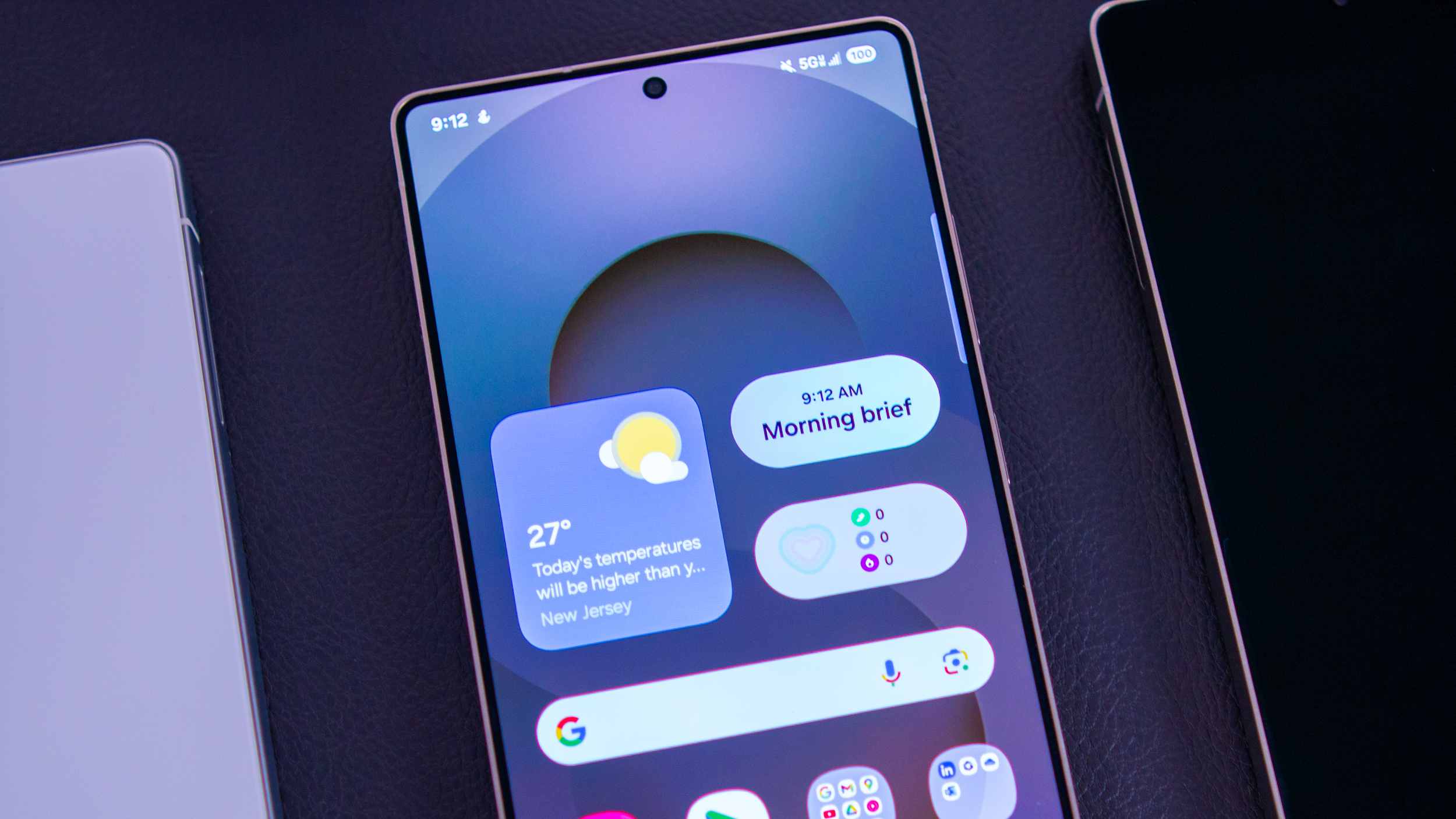Changes to Google's services begin testing in compliance with the EU's DMA
The European Commission's deadline is coming up fast.

Get the latest news from Android Central, your trusted companion in the world of Android
You are now subscribed
Your newsletter sign-up was successful
What you need to know
- In preparation for the EU's DMA deadline in March, Google will soon begin testing and rolling out several changes to its services for European users.
- Changes involve users seeing additional consent prompts for services that may be sharing data, alongside changes to information displayed in Google Search.
- Google will also let Android phone owners in the EU easily change their default browser and search engine through new "Choice Screens."
Google is making some changes to its service in accordance with the European Commission's Digital Markets Act (DMA).
According to Google, the changes will roll out to people and businesses in Europe beginning with the introduction of additional consent for linked services. "Over the next few weeks," Google states it will display an additional consent notice to European users questioning if certain services should continue to share data.
Users can always change their choices within their Google Account settings. However, the company explains that certain features may not be available if services aren't linked.
Google is also preparing to test several changes to EU search results in the next few weeks. One such change involves the introduction of "dedicated units" that contain a group of links so users can compare multiple sites. Moreover, "query shortcuts" will be shown at the top of Search to help users refine their hunt.
Google Search's categories are in for an update as the company prepares to test a dedicated area to help users compare sites and direct suppliers. This new space will contain information like images, star ratings, and more. As Google prepares to bring in more information, it will remove features from the Search page, like Google Flights.
To comply with the DMA, Google states it will now offer European users an option to switch their default browser and search engine on their Android phones. These "Choice Screens" may begin to appear in the Chrome app on desktop and iOS devices, as well. Lastly, Google states it will begin testing a Data Portability API for developers, allowing users to transfer their data to a third-party application more easily.
All of the previously mentioned changes to Google's services are set to arrive in Europe "in the coming weeks."
Get the latest news from Android Central, your trusted companion in the world of Android

For context, the European Commission labeled six big tech companies: Alphabet, Amazon, Apple, ByteDance, Meta, and Microsoft as a "Gatekeeper" back in September 2023. The Digital Market Act encourages healthier competition between companies, including these gatekeepers. The EU named 22 core platform services that warranted the gatekeeper status under the DMA for these companies.
As such, the EU gave the companies six months to begin preparations to comply with the rules of healthier competition. Google beginning its testing and rollout now makes sense as the deadline to comply with the DMA's rules is March 2024.

Nickolas is always excited about tech and getting his hands on it. Writing for him can vary from delivering the latest tech story to scribbling in his journal. When Nickolas isn't hitting a story, he's often grinding away at a game or chilling with a book in his hand.
